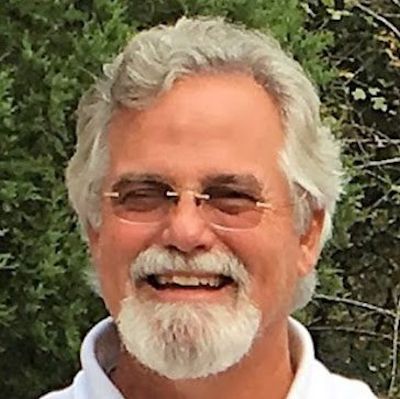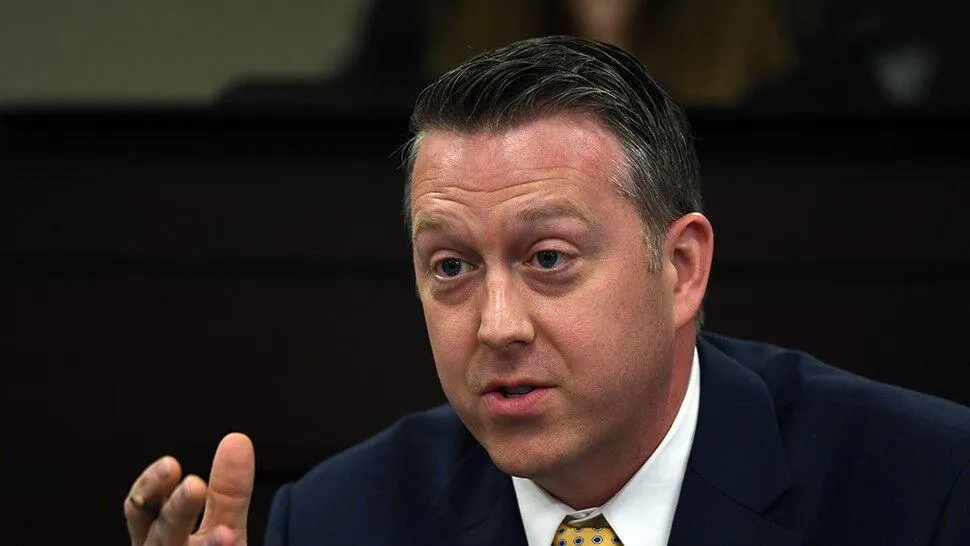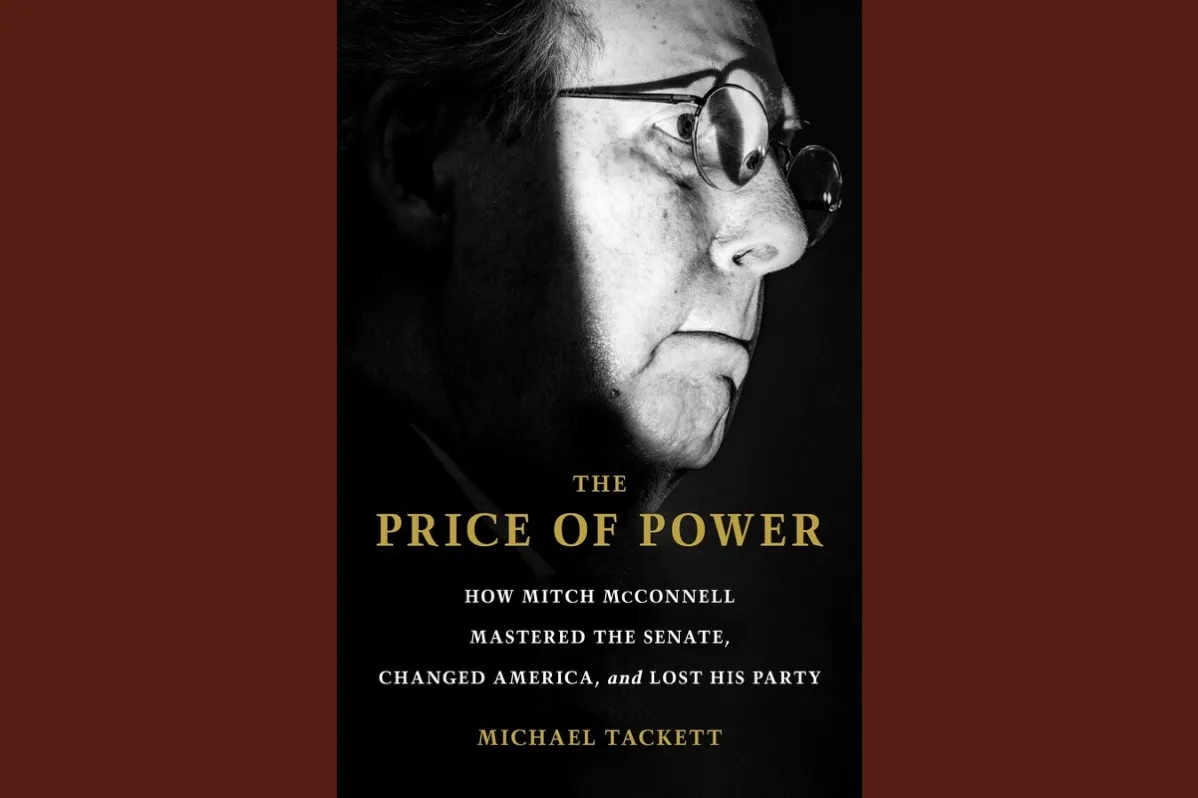A few months ago, the Brooklyn (NY) Public Library initiated a special project that called upon residents to propose an Amendment to the US Constitution.
Their consensus concern, as expressed by Anand Giridharadas, writer and delegate:
We have a fundamental problem in the US today: minority rule in American life, through institutions such as the electoral college and two-seat-per-state Senate representation.
Some background
To get guidance into the thoughts of our Framers, a good place to start is the preamble to the US Constitution:
We the People of the United States, in Order to form a more perfect Union, establish Justice, insure domestic Tranquility, provide for the common defence, promote the general Welfare, and secure the Blessings of Liberty to ourselves and our Posterity, do ordain and establish this Constitution for the United States of America.
“In order to form a more perfect union” stands out as a template of a living Constitution, as a work in progress, a flexible document requiring adjustments along the way applied to principle and deed in the 21st century.
But the Framers wanted it to be difficult to amend, requiring two-thirds of Congress or two-thirds of state conventions to propose an amendment, and three-fourthsof states or three-fourths of Congress to agree to add an amendment to the Constitution.
So we have had only 27 Amendments: the first 10 amendments (the Bill of Rights) approved in 1791, up through the 27th addressing Congressional pay raises, ratified in 1992.
This project to come up with a new amendment couldn’t be timelier. We find ourselves witnessing longstanding implied rights being ignored, and expressed rights being trampled, by a surge of right-wing Republican ideologues in our state and federal government.
The last few decades, contrary to our founders’ and framers’ deliberations in pamphlets, books, papers, and the Constitution itself, we have allowed ourselves to become a nation of autocratic white men and NOT of laws. This democratic experiment that took civic virtue and classical republicanism from the Greeks, Romans, and religious texts is collapsing into an autocratic quagmire.
This democratic experiment that took civic virtue and classical republicanism from the Greeks, Romans, and religious texts is collapsing into an autocratic quagmire.Click To TweetThe new 28th Amendment
The most fundamental right we have in a democratic republic is the right to vote. This 28th Amendment will address the problem of how the outcomes of our vote are many times undemocratic.
The 28th Amendment — a Proposal by the Brooklyn Public Library “framers”
Whereas the government of the United States should represent ALL the people of the United States EQUALLY,
Section 1.
- The Electoral College shall be abolished and the President selected by popular vote.
- Senate membership shall be reallocated to reflect more accurately the distribution of the national population, with a minimum of one seat per state.
- Election Day shall be a national holiday.
- Elections shall be publicly financed.
- All citizens of the United States, including those living in its territories and the District of Columbia, shall have the same electoral rights and representation as residents of a State.
- All citizens of voting age shall have the unencumbered right to vote in federal, state, and local elections.
- Congress shall have the power and obligation to enforce these provisions by appropriate legislation.
Section 2.
- In recognition of the inherent dignity of all persons, Congress shall have the power and obligation to enact appropriate legislation to secure all rights guaranteed in the Constitution including the right to education, healthcare, housing, employment, food security, and a clean and healthy environment.
Why we need this new amendment
- In our 2000 and 2016 presidential elections (Gore, H. Clinton) — where the winner of the popular vote lost the electoral vote — raised questions about the way Americans elect the chief executive. The Electoral College has come under fire for lacking fairness and ignoring the will of voters across the nation.
- Why should Alaska, North Dakota, South Dakota, Vermont, Delaware, Rhode Island, Montana, and Wyoming have 2 Senators with about 1 million residents and California have only 2 Senators with over 40 million residents? That impacts close Senate votes on critical issues and close elections in the Electoral College!
- More than 4 million American citizens live in the territories of Puerto Rico, Guam, American Samoa, and the U.S. Virgin Islands, and none have the right to vote for president or have any voting representation in Congress.
- Currently, Republican officeholders use their power (derived from an electoral college and a Senate structure originally designed in the 18th century, when 95 percent of Americans lived outside of cities) to suppress the urban/suburban multiracial majority. They block rehabilitated felons from getting voting rights restored; fight ballot drop boxes and cause long hours for voting; restrict the Postal Service and limit polling places; restrict the dissemination, collection, and processing of mail-in ballots; and gerrymander voting districts to assure partisan power.
- The majority of Americans recognize the necessity of basic rights of all human beings: affordable health care, education, clean drinking water, sanitation, and housing for all citizens and emphasize the importance of promoting health and well-being in combating communicable and non-communicable diseases, access to safe, sufficient, and nutritious food, and the right to food security.
It’s time for a new commitment to democracy and equal representation. So bring on the 28th Amendment, and let us reaffirm the right of all citizens to vote and strengthen the social contract with ourselves and our posterity.
–30–
Comments







